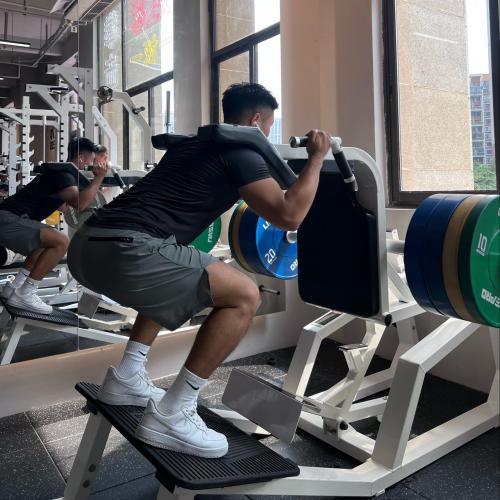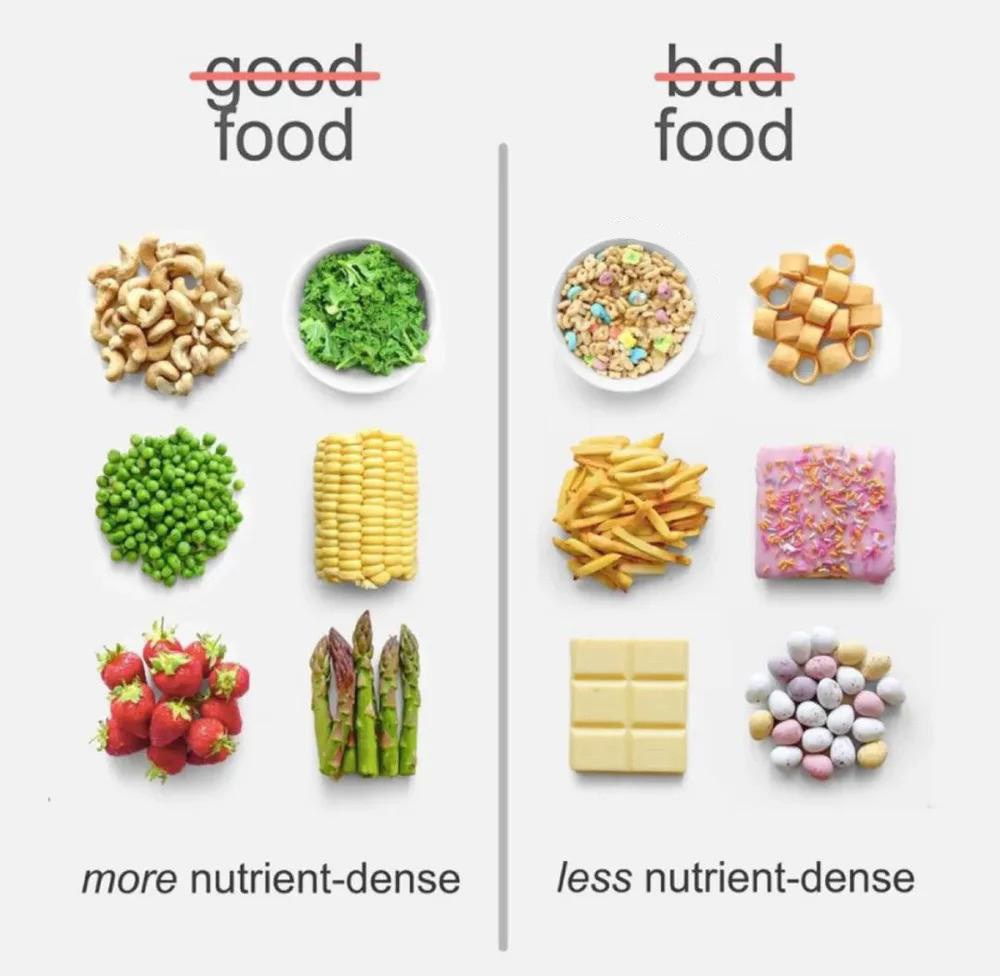Why Exercising After an All-Nighter Is a Bad Idea
Release time:
2025-06-25
We all know sleep loss leads to weight gain, heart issues, weaker immunity, brain fog, and bad moods. While exercise normally boosts heart health, fights disease, and sharpens your mind, working out after pulling an all-nighter? That’s asking for trouble.
Here’s why you shouldn’t hit the gym when exhausted:
Your Heart Takes a Hit
Sleepless nights strain your heart, raising risks of irregular heartbeat.
Intense exercise piles on more stress—spiking your pulse and blood pressure.
Especially risky: If you rarely exercise and suddenly push hard when tired.
Injuries Happen Easier
No sleep = foggy brain and poor focus.
You’ll move clumsily, skip proper form, and raise injury risks.
Immunity Crashes Harder
Sleep loss slashes your T-cells (key virus fighters).
Exercise should strengthen immunity, but when exhausted? It backfires—making you more vulnerable.
Hormones Go Haywire
All-nighters wreck hormones like testosterone (muscle growth) and cortisol (stress).
Tough workouts make this imbalance worse.
Muscles Can’t Recover
Sleep is when muscles repair.
Without it, growth hormone drops—hurting gains and raising injury risk.
What to Do Instead:
Rest first: Skip the workout. Sleep > sweat.
If you must move:
Go very light: Try stretching, walking, or gentle yoga.
Zero high-intensity!
Keep it short (20-30 mins max).
Bottom line: Respect your body. Recharge with rest—then return to fitness stronger.
Key words:
You can also learn more about the news


COOKIES
Our website uses cookies and similar technologies to personalize the advertising shown to you and to help you get the best experience on our website. For more information, see our Privacy & Cookie Policy
COOKIES
Our website uses cookies and similar technologies to personalize the advertising shown to you and to help you get the best experience on our website. For more information, see our Privacy & Cookie Policy
These cookies are necessary for basic functions such as payment. Standard cookies cannot be turned off and do not store any of your information.
These cookies collect information, such as how many people are using our site or which pages are popular, to help us improve the customer experience. Turning these cookies off will mean we can't collect information to improve your experience.
These cookies enable the website to provide enhanced functionality and personalization. They may be set by us or by third-party providers whose services we have added to our pages. If you do not allow these cookies, some or all of these services may not function properly.
These cookies help us understand what you are interested in so that we can show you relevant advertising on other websites. Turning these cookies off will mean we are unable to show you any personalized advertising.
Contact Us
Please contact us in the correct way and we will provide you with detailed information.
No.18 Mountain Road, Xintai High-tech Zone, Shandong Province


Scan the two-dimensional code





